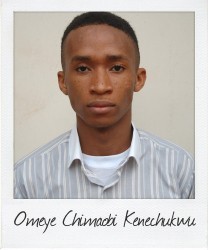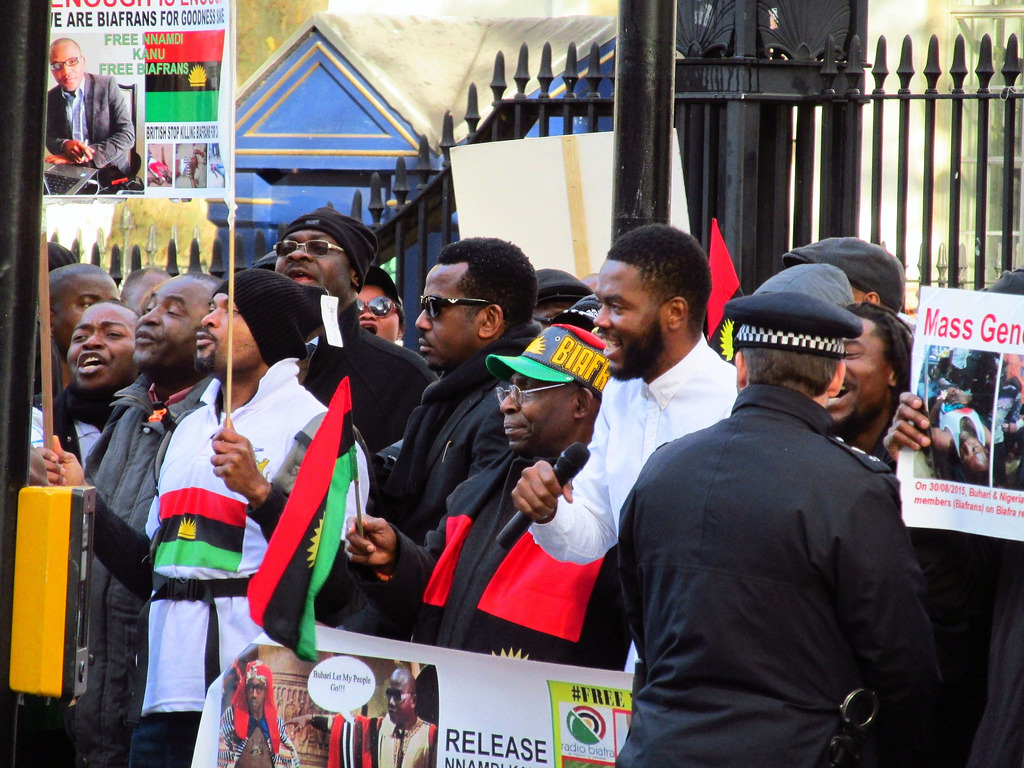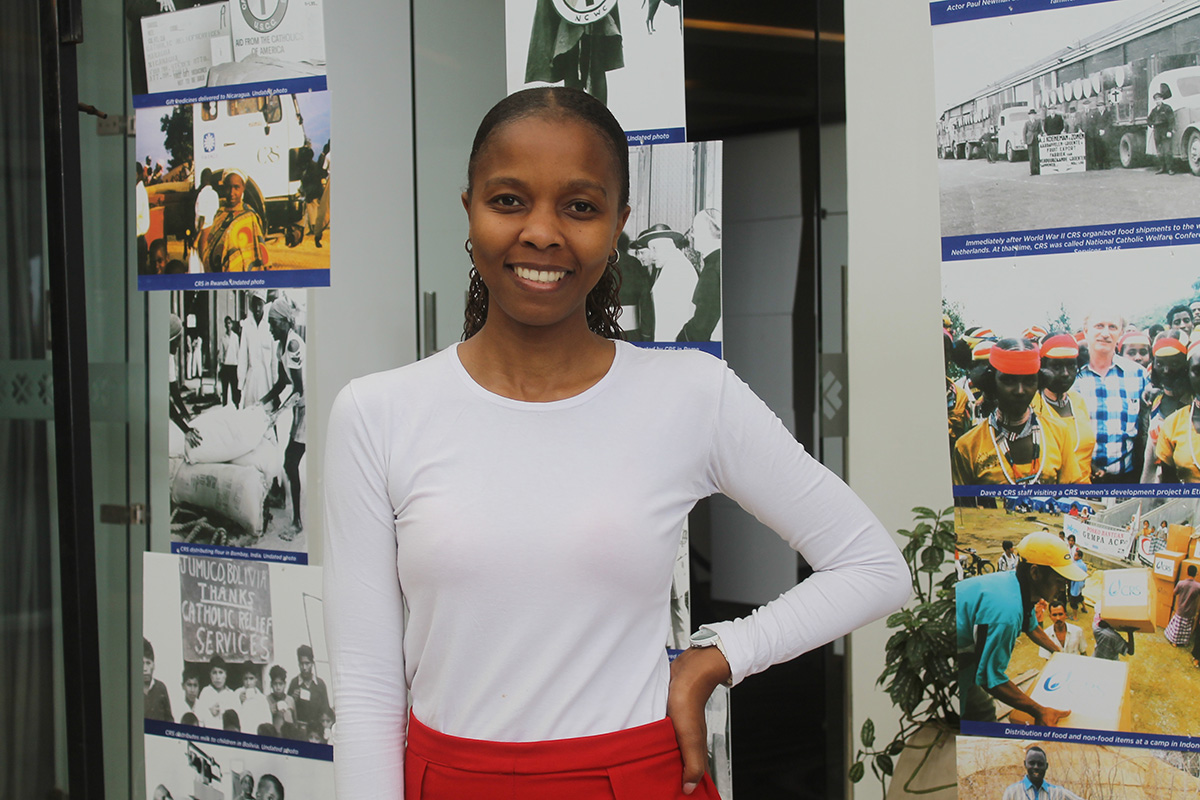“The time to revisit the idea of a ‘Biafran Republic’ is now”
August 28 The continued marginalization of young people in south-eastern and southern parts of Nigeria could act as long-term drivers of economic and political instability, writes Omeye Kenechukwu, 21, a Commonwealth Correspondent from Nigeria.
The continued marginalization of young people in south-eastern and southern parts of Nigeria could act as long-term drivers of economic and political instability, writes Omeye Kenechukwu, 21, a Commonwealth Correspondent from Nigeria.
Little had I known that a set of people located in the south-eastern and southern part of Nigeria have been living in fear since time immemorial.
The defunct “Biafra Republic” will forever beat in the heart of men and women of the old Eastern region of Nigeria. The number of casualties, which some estimate to be about three million, is one of the greatest massacres ever in Africa.
There are many questions surrounding the situation of the people of old Eastern Nigeria, which currently comprises the states of: Enugu, Anambra, Abia, Imo, Ebonyi, Delta, Rivers, Akwa Ibom, Cross River and Bayelsa. Before Nigerian independence, the region was the epicenter of the nations politics and economy. Today, the complete reverse is the case.
I have chosen to write about this topic because I am concerned about the decaying state of my people, which if care is not taken, may destabilize the existence of Nigeria.
The key question that must be answered is: why have the Igbo people of the defunct Biafra republic been so marginalized? Since the war of 1967-1970, no Igbo man has ruled the country. Moreover, among all the six geo-political zones, the South East is the most poorly financed and represented.
Changes need to take place in Nigeria, if the country is ever going to achieve its fullest potential. There should be equality because the Hausa-Fulani of Northern Nigeria have dominated the country’s policy-making. Just recently a group of Northern Nigerians ordered the total and immediate evacuation of the Igbo people from northern part of Nigeria. To many locals, this act recalls memories of actions that took place before the nation’s civil war.
Have the Igbo people done wrong by asking for cessation? I don’t believe so. Eritrea and South Sudan, for example, are now independence after several battles. How about Biafra? The peaceful Indigenous people of Biafra (IPOB) and Movement for the actualization of sovereign state of Biafra (MASSOB) are two examples of organizations that have been advocating for a referendum in the region.
The Nigerian government needs to reconsider its long-term objectives. The anger of the youths in south-eastern and southern parts of the country will only continue to boil hotter as poverty and marginalization grows.
photo credit: David Holt London via photopin (license)
…………………………………………………………………………………………………………………
About me: I am an undergraduate student studying geology at the University of Nigeria. My ambition in life has been a simple one that concentrates on how to make positive impact in Nigeria and the world at large – for example by ending corruption and putting effort into solving the energy issues facing our planet. I have strong interest in politics, sports and writing.
…………………………………………………………………………………………………………………
Opinions expressed in this article are those of the author and do not necessarily represent the views of the Commonwealth Youth Programme. Articles are published in a spirit of dialogue, respect and understanding. If you disagree, why not submit a response?
To learn more about becoming a Commonwealth Correspondent please visit: http://www.yourcommonwealth.org/submit-articles/
…………………………………………………………………………………………………………………






